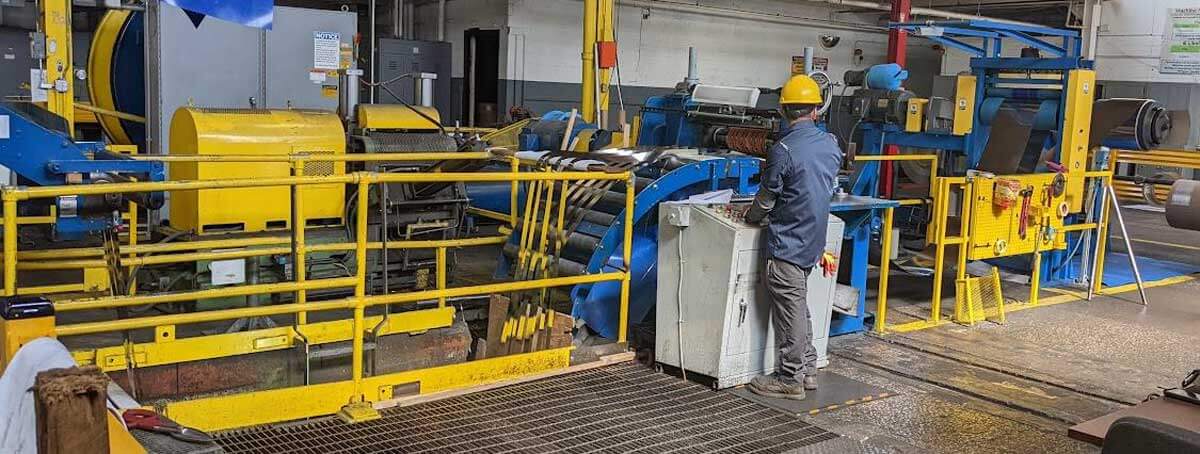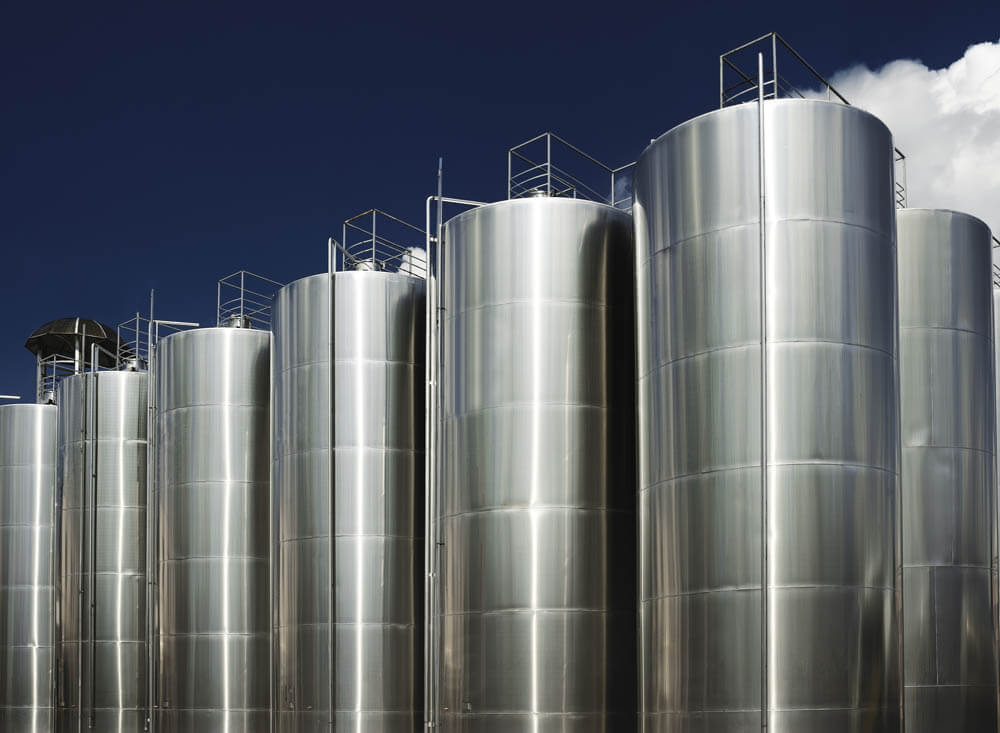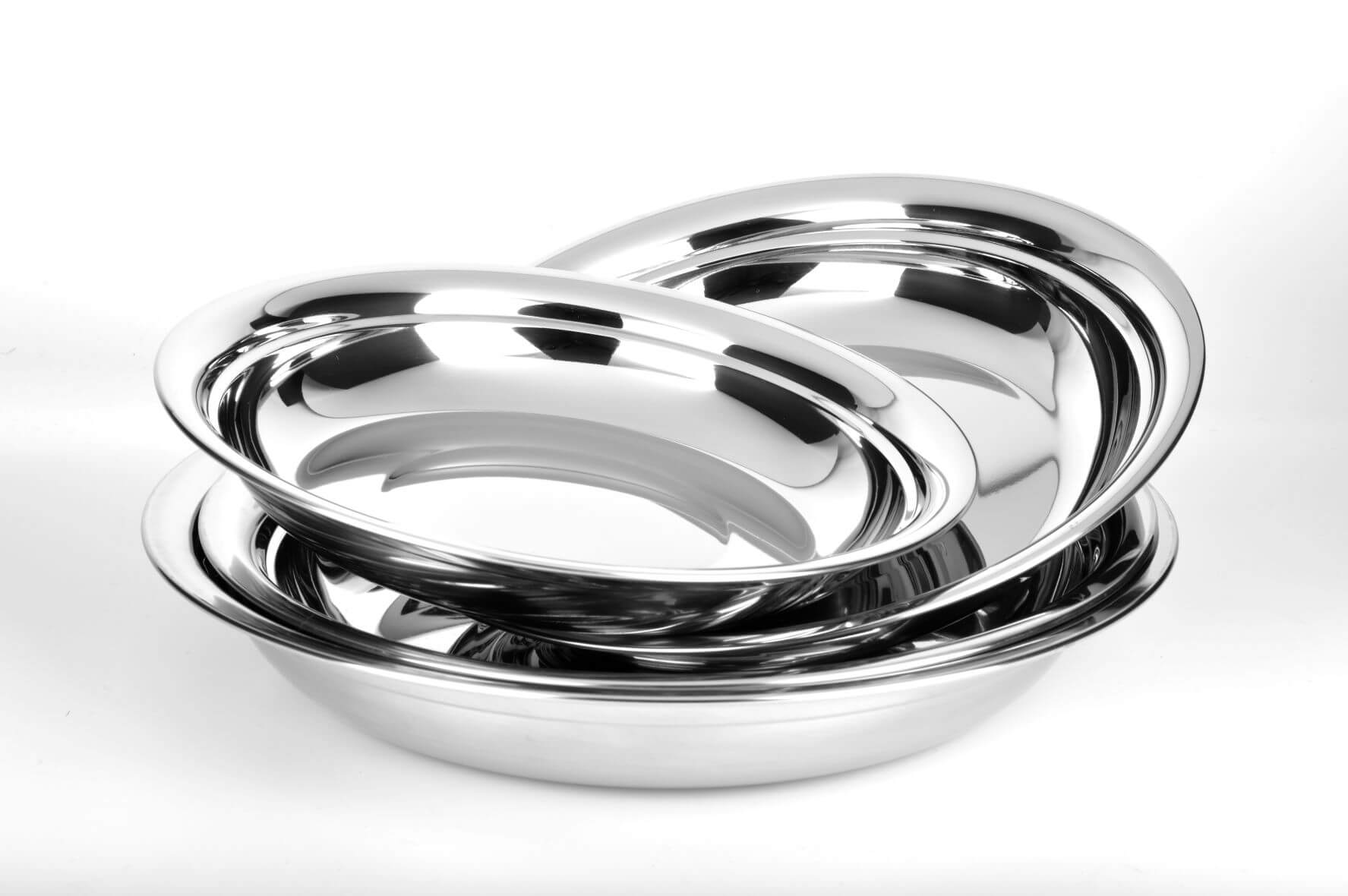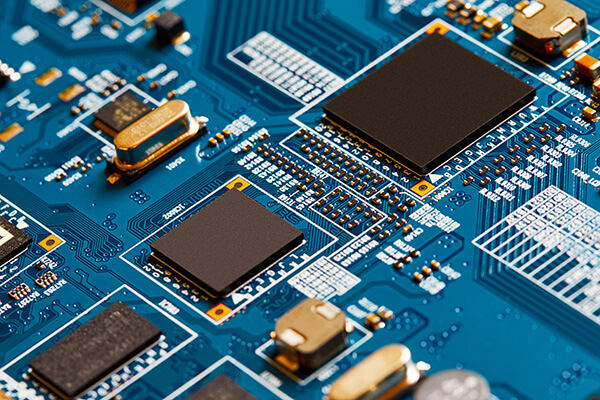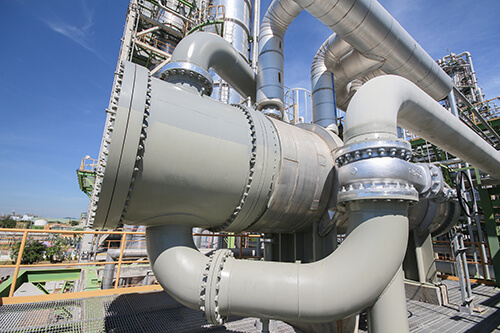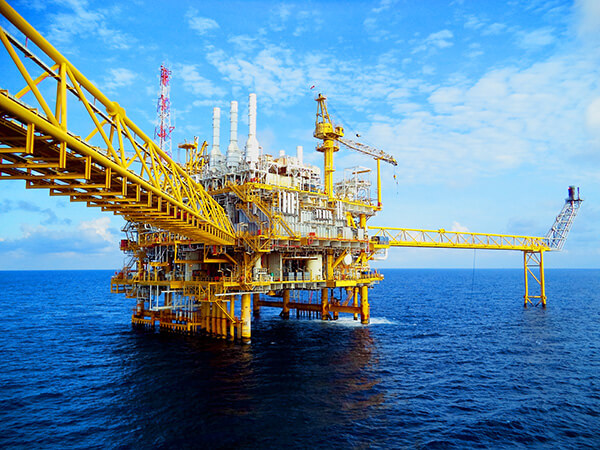Stainless Steel slit coil is provided in a wide variety of gauges and widths throughout North America by our network of service centers in the US, Canada and Mexico.
products & materials
Stainless Steel Slit Coil
Our multiple slitting operations offer an exceptional #3 edge as well as custom packaging, special edges, polishing, buffing, cut-to-length, and blanked squares or circles. We also provide strip rolling from our three mill operations for customers requiring precision rolled products to exacting specifications. Whether your coil is a standard gauge or to extremely tight tolerances and properties, Combined Metals has a solution.
Our 37 slitters process gauges from .0019” – .135” in widths from .024” to 51” for prototype-to-truckload orders. Our tolerances are often tighter than standard ASTM tolerances. We strive for the best metal shape for every order:
- Minimum Burr
- Minimum Camber
- Maximum Flatness
- Close Gauge and Width Tolerances
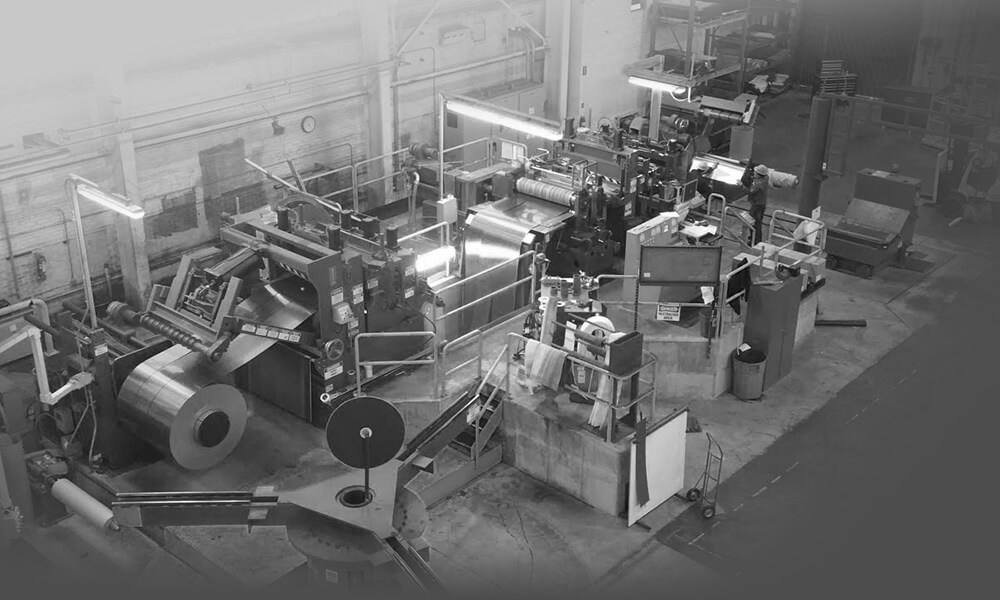
Stainless Steel Slit Coil Alloys
| Alloy | Grade | |||
|---|---|---|---|---|
| 17-7PH | ASTM A693 | ASTM 313 spring | AMS: 5528, 5678, 5824 | |
| 201 | ASTM A240 | ASTM A666 ¼, ½, ¾, FH | ||
| 301 | ASTM A240 | ASTM A666 ¼, ½, ¾, FH | Extra Full Hard & Spring | AMS: 5901, 5517, 5518, 5902, 5519 |
| 304 | ASTM A240 | ASTM A666 ¼, ½, ¾, (302), FH (302) | ASME SA 240 | |
| 304L | ASTM A240 | ASTM A666 ¼, ½, ¾, (302), FH (302) | ASME SA 240 | |
| 305 | ||||
| 316 | ||||
| 316L | ASTM A240 | ASTM A666 ¼, ½ | ASME SA 240 | |
| 316Ti | ||||
| 321 | ASTM A240 | ASME SA 240 | ||
| 409 | ||||
| 347 | ||||
| 410 | ||||
| 410S | ||||
| 420 | ||||
| 430 | ASTM A240 | ASME SA 240 | ||
| 434 | ||||
| 439 | ASTM A240 | ASME SA 240 | ||
| 441 | ||||
| Duplex 2205 |
Stainless Slit Coil Capabilities
Gauge: 0.0019″ up to 0.135″ annealed and tempered
Width: 0.024” – 51”
Our wide capabilities range (up to 51″) gives us a unique ability to supply all of your stainless slit coil needs.
Stainless Steel Slit Coil Added Processes
Skiving/Coil Edging available in: round, broken corner, or square edges.
Special Packaging
Polishing & Buffing
Cut-To-Length & Blanking
Stainless Slit Coil Applications
- Dairy equipment
- Flexible Metal Hose
- Milking machines
- Still tubes
- Chemical equipment
- Coal hopper linings
- Oil well filter screens
- Shipping drums
- Beer barrels
- Pressure vessels
- Evaporators
- Cooling coils cryogenic vessels
- Sanitary fittings and valves
- Furnace parts
- Television cones
- Vaults
- Tobacco machinery
- Automotive trim and molding
- Kitchen trim and equipment
- Builders hardware
- Zippers
- Tubing, and more
What is Slitting?
Stainless steel coil slitting is a metal cutting process where large rolls or coils of sheet metal are cut using very sharp rotary blades. To achieve straight lines, they are cut length-wise into the large coil, creating narrower strips. Circular blades are responsible for making the cuts as the coil runs through the slitter. These are known as “knives” and can be moved to provide for varying widths.
Stainless steel can be slit into many different widths. Every application requires its own stainless steel coil slitting capability. Stainless steel slitting proficiencies mean that all materials sent in to slit are done so according to the exact qualifications that are necessary for that particular job.
How Stainless Steel Coil Slitting is Performed. A slitting machine has three main parts: an uncoiler, the slitter, and a recoiler. All elements must be perfectly aligned to ensure the success of the material. Factors such as knife clearance and cutter spacing must be calculated and aligned. It is critical that quality tooling and sharp knives are all in place for the job to be done correctly.
Information on common alloys
304 Stainless Steel
This type of stainless steel is the most widely used of the stainless steels that are austenitic, and Chromium-Nickel. Its corrosion resistance is higher than 302, and its Carbon content is low. In its hardened state, Type 304 is non-magnetic and becomes slightly magnetic when cold-worked. 304 is the workhorse of the stainless industry and is found in countless commercial and industrial applications.
316L Stainless Steel
Another widely used austenitic steel is 316 and 316L stainless steel, the corrosion performance of SS 304 is not enough, 316L is often consider as the first alternate. The higher Nickel content in 316 and 316L over SS 304 and the Molybdenum addition in 316 and 316L gives it an edge in performance in corrosive and high temperature environments. 316/316L is often used in chemical or marine applications.
As with 304 and 304L, the difference between the 316 and 316L grades is the quantity of carbon contained. The L stands for low carbon, both L grades contain a maximum 0.03% carbon, while the standard grades can comprise up to 0.07% carbon. It may not seem like a big difference, but it means that L grade versions of stainless steel alloys suited better for the larger welding projects. The lower Carbon content of L grades reduces cracking in the heat affected zones of welds and improved weld quality.
430 Stainless Steel
This type of stainless steel is ductile, and is fabricated by bending, pressing, drawing and heading. Type 430 stainless steel does not have as good corrosion resistance as the Chromium-Nickel steels.
This type of steel is suitable for many interior applications; things such as architectural and decorative household appliances as well as automotive body trim. Type 430 is the most popular of all straight Chromium stainless steels.
Slitting can be used equally well for both sheet and stainless steel slit coil. Every job requires that the blades are designed for the job at hand. Precision is the name of the game when it comes to steel coil slitting. When correct measurements and exact standards are paramount, you can contact our expert team of professionals at CMC to deliver the material you need.
DEEP EXPERIENCE IN YOUR INDUSTRY
Serving Your Market
The Combined Metals Family of Companies
Explore Our Companiesget in touch
Questions? Contact Our Experts Today.
The Combined Metals Company mission is to safely produce and distribute the best value and the highest quality engineered stainless steel coil and sheet, specialty alloy strip, foil, and wire products and to deliver those products to customers around the world. Give us a call at (800) 323-0758 or fill out the form.
*denotes a required field.
